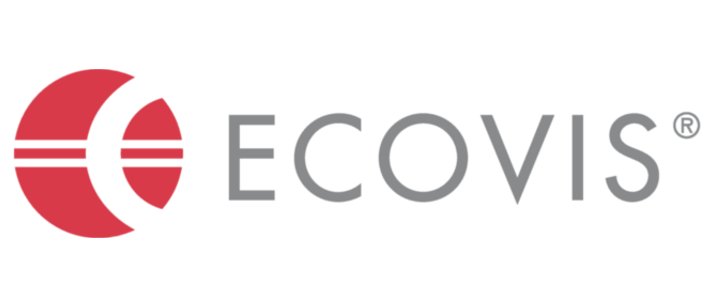How to avoid the characteristic of over-indebtedness under insolvency law
The characteristic of over-indebtedness under insolvency law can be avoided if the company has a ‘positive continuation prognosis’, i.e., it can demonstrate that it is in a position to meet all due liabilities within a certain period of time and that the situation will improve in the future, as long as it is “viable”, explain the advisers. Another means of eliminating over-indebtedness under insolvency law is to declare a qualified subordination on things such as shareholder loans. Only then can a shareholder loan be treated as equity in the insolvency balance sheet in order to eliminate over-indebtedness. Under commercial and tax law, however, it remains debt capital.
From a tax point of view, however, the declaration of the subordination is decisive (Sec. 5 par. 2a German Income Tax Law), otherwise the loan would only be dissolved in the tax balance sheet with an effect on taxable income, and taxes could be triggered which could make the company's situation even worse.
Polish law also only covers shareholder loans indirectly
Polish law also does not cover shareholder loans directly. Certain provisions of Polish law refer to subordinated loans with respect to banks and financial institutions, but, as the Polish Ecovis advisers know, the most important rules are included in the Bankruptcy Law.
According to Article 11 item 2 of the Bankruptcy Law, a debtor that is a legal entity is considered insolvent when its financial obligations exceed the value of its assets, and this state persists throughout a period exceeding twenty-four months. The debtor's financial obligations are presumed to exceed the value of its assets where the balance sheet shows that the debtor's liabilities, exclusive of reserves established to cover liabilities and of liabilities to related entities, exceed the value of the its assets.
Therefore, even if a company is able to meet its ongoing financial obligations, taking out loans can be a legal reason for declaring bankruptcy where the value of the loans exceeds the value of the company’s assets.
In the case of shareholder loans, the law sets out an exception to the rules mentioned above, as the financial obligations do not include liabilities to a partner or a shareholder arising under a loan or another act in law with similar effect. Therefore, a loan from a shareholder, even if it influences the company’s balance sheet and may even lead to negative equity, is not considered legal grounds for declaring bankruptcy, explain the Ecovis experts.
Shareholder loans are subject to satisfaction from the funds of the bankruptcy estate in the last category. They have the lowest priority and the funds will be repaid to the shareholder only after all other creditors have been paid back.
This comparison shows that even in the case of neighbouring countries which share many aspects of legal culture, tailored advice from an expert is needed in order to avoid unnecessary risk or liability.
For further information please contact:
Piotr Pruś, Attorney-at-law, Partner, ECOVIS Legal Poland Pruś and Partners Law Firm, Warszawa, Poland
Email: piotr.prus@ecovis.pl
Marcus Büscher, Partner, Lawyer, ECOVIS KSO, Düsseldorf, Germany
Email: marcus.buescher@ecovis.com
Matthias Meyer, Partner, Tax Advisor, ECOVIS KSO, Düsseldorf, Germany
Email: Matthias.meyer@ecovis.com

